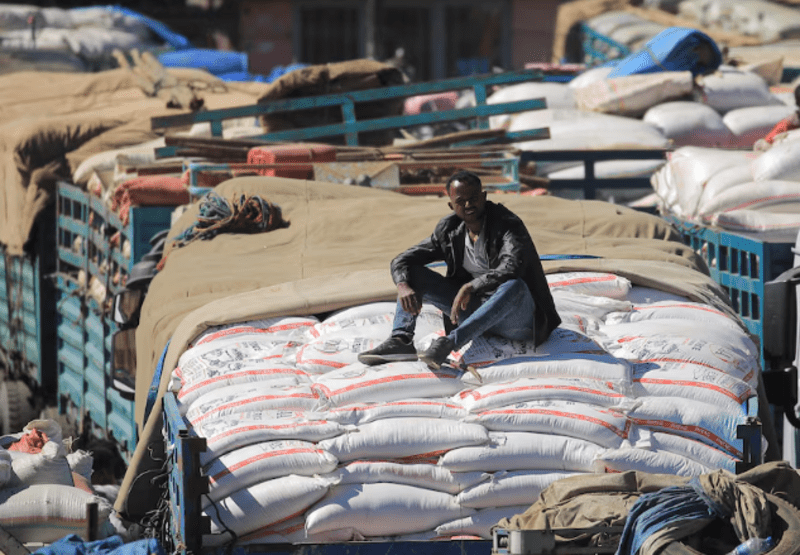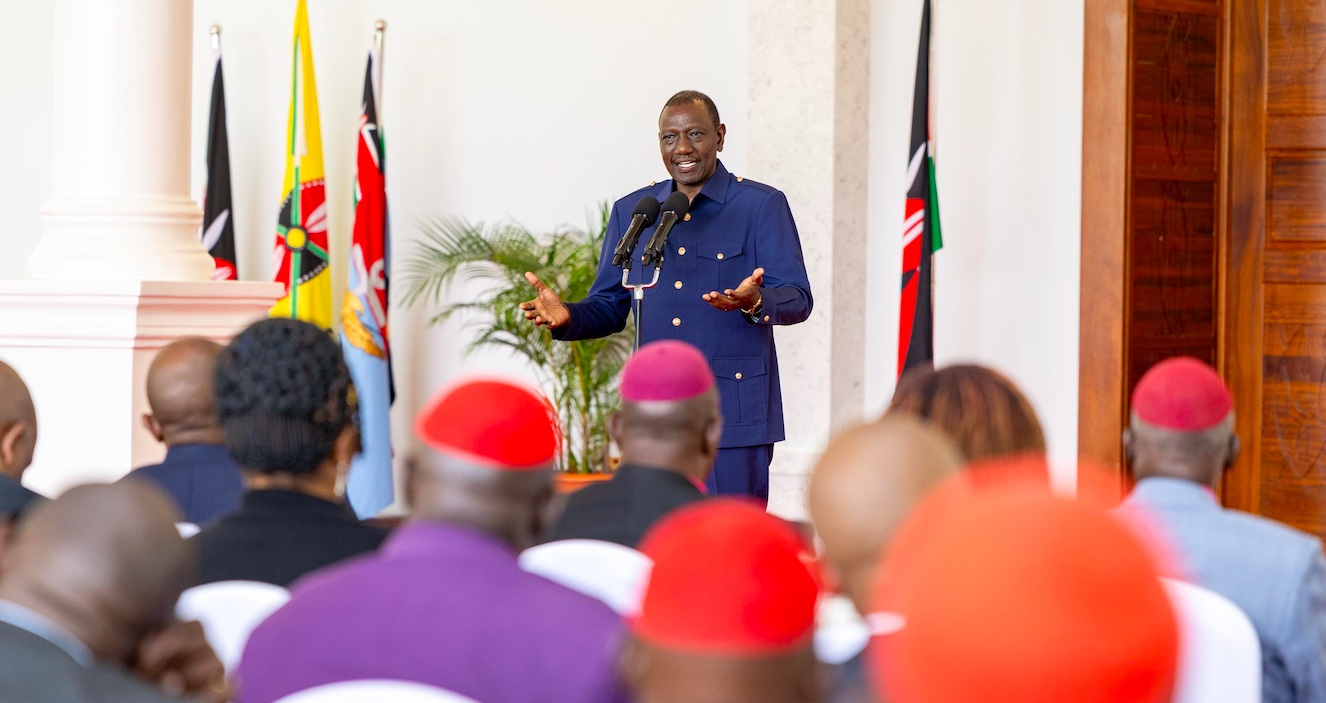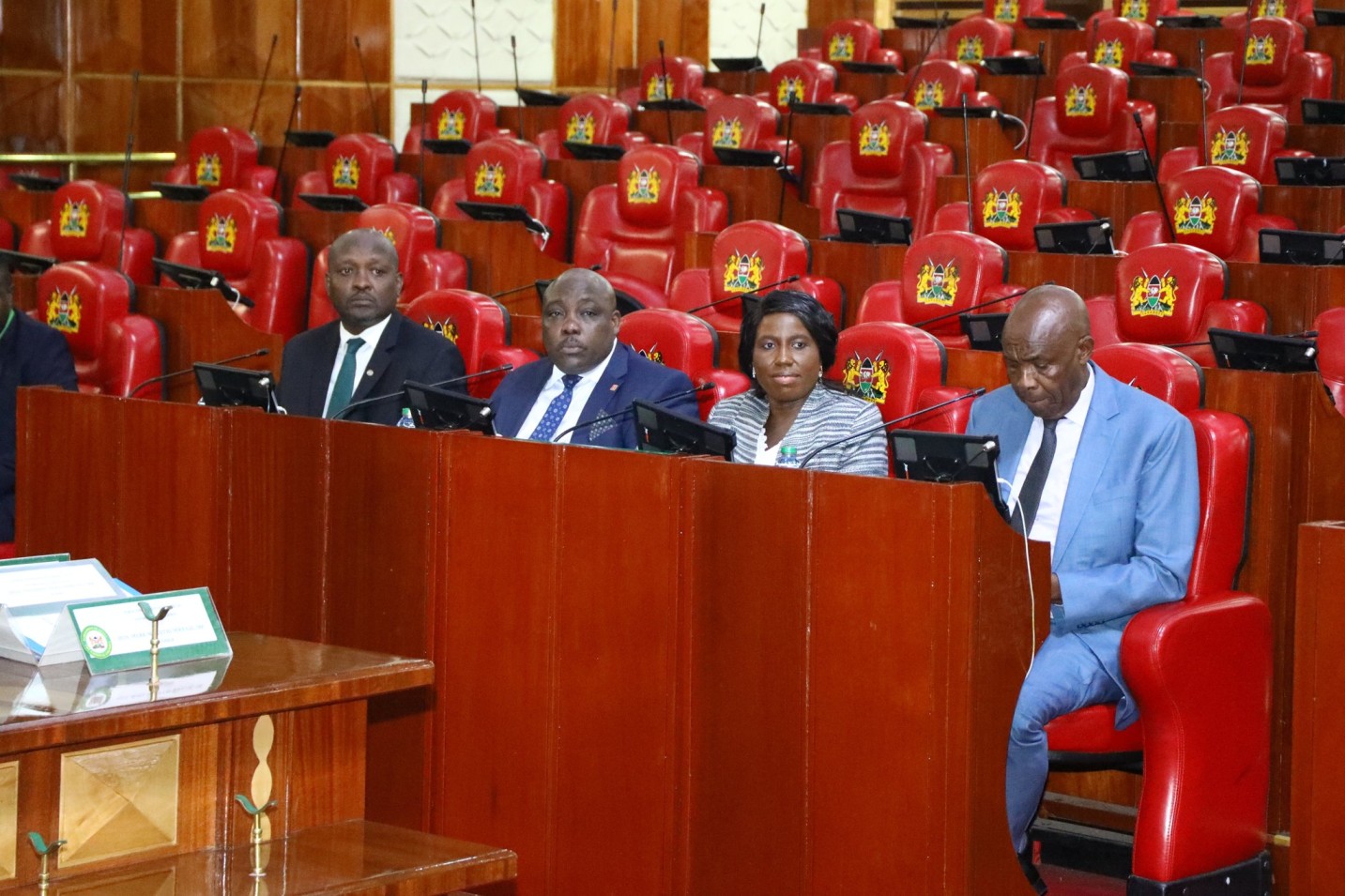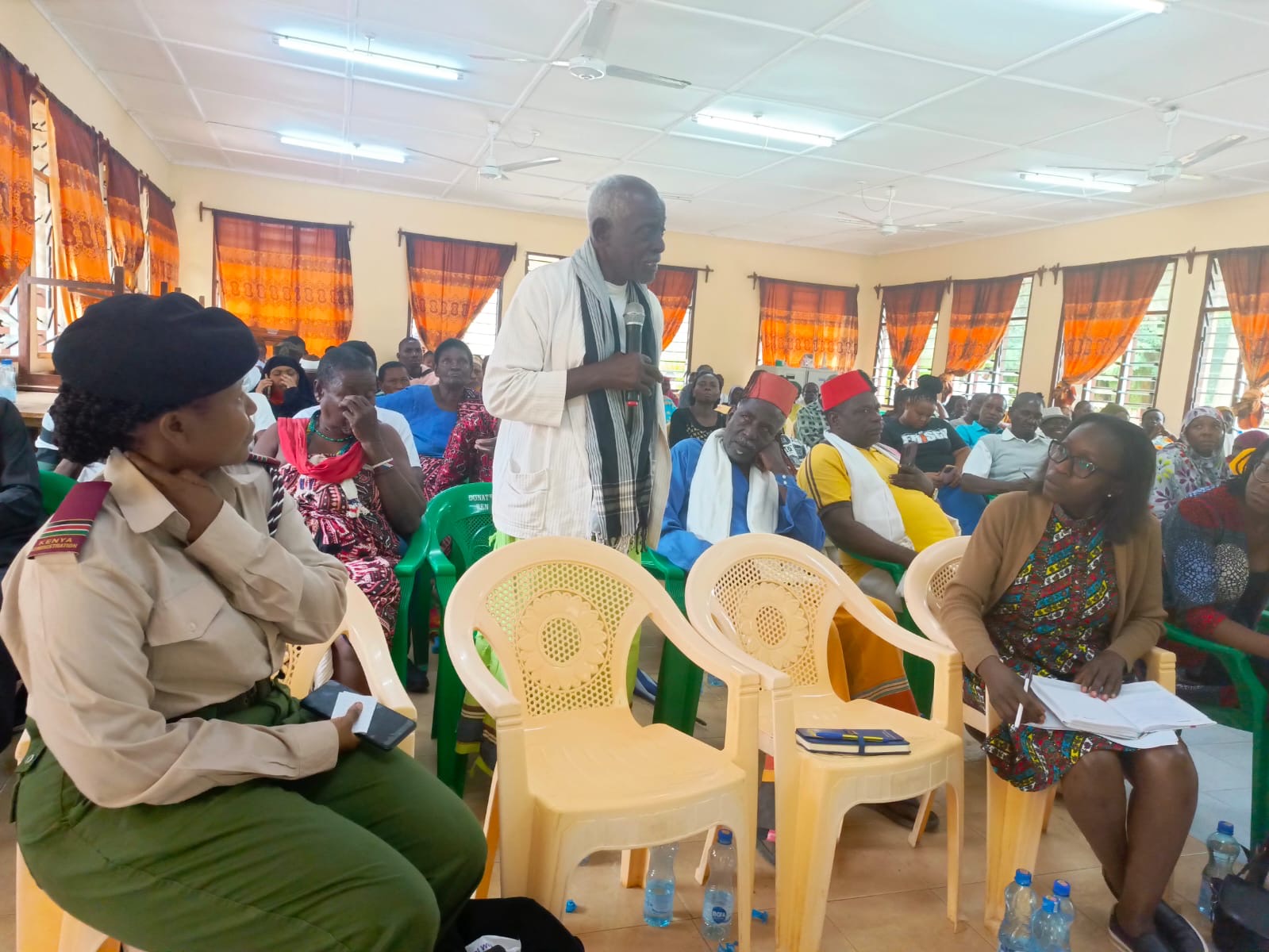Ethiopia poised for 7.9 per cent economic growth amid agricultural, industrial gains

By Hanifa Adan |
The nation has seen a substantial increase in agricultural productivity over the last nine months, with an additional harvest of one billion kgs of major crops compared to the same period in the previous fiscal year.
Ethiopia’s economy is poised for robust 7.9 per cent growth in the current fiscal year, according to Minister of Planning and Development Fitsum Assefa.
During a press briefing on Monday, Fitsum highlighted significant achievements across agriculture, industry, and the service sector according to Addis Standard.
Keep reading
The nation has seen a substantial increase in agricultural productivity over the last nine months, with an additional harvest of one billion kgs of major crops compared to the same period in the previous fiscal year.
Particularly in wheat cultivation, Ethiopia expanded wheat cultivation to 6.5 million hectares this fiscal year, resulting in a yield of over 80 million quintals of wheat. Rice production also saw a dramatic increase, soaring from eight billion kgs to 3.8 billion kgs during the same period.
In the industry sector, the average capacity utilisation of manufacturing industries climbed to 56 per cent this year, up from less than 50 per cent in the preceding year, signalling a resurgence in industrial productivity.
However, a recent publication by Addis Standard sheds light on challenges faced by owners of major industries, notably concerning deficits in foreign exchange, financial resources, and raw material shortage.
Solomon Mulegeta, the general manager of the Ethiopian Association of Basic Metals and Engineering Industries, highlighted that a considerable segment of metal industries are operating at a capacity of less than 40 per cent of their potential.
The service sector, particularly the digital economy, has experienced significant progress over the past nine months. Fitsum reported that digital transactions have increased by an additional four trillion birr this year compared to the previous year.
Moreover, Ethiopia's capacity to generate foreign currency has shown improvement, with merchandise exports bringing in $2.5 billion, service exports contributing $5.8 billion, foreign direct investment (FDI) accounting for $2.8 billion, and remittances totalling $3.5 billion in the past nine months of the current fiscal year.
Fitsum disclosed that except for merchandise exports, service exports increased by 7.3 per cent, remittances by 7.4 per cent, and FDI by 4 per cent during the period.
These achievements, according to Fitsum, are strong indicators that Ethiopia is positioned for a 7.9 per cent economic expansion in the current fiscal year.
However, economic growth forecasts by the International Monetary Fund (IMF) paint a more moderate picture for Ethiopia, with projections indicating a real gross domestic product (GDP) growth rate of 6.1 per cent by the conclusion of 2023 and a further growth rate of 6.2 per cent predicted for 2024.



















